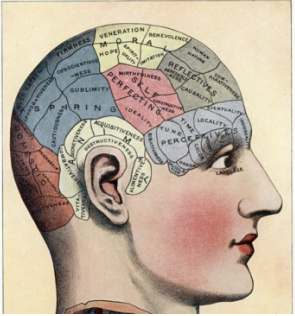
Getty
By Annie Murphy Paul
It’s not often that a story about the brain warms the heart. But that’s exactly what happened to me when I read an article last month in the Washington Post. It’s about how teachers in many schools in the D.C. area are foregoing empty praise of the “Good job!” variety, in favor of giving students solid information that will do them some real good. That information concerns how their brains work and how their intelligence and skills develop, and it’s knowledge that should be made available to every child in the country.
Stanford psychologist Carol Dweck conducted the groundbreaking research showing that praise intended to raise young people’s self-esteem can seriously backfire. When we tell children, “You’re so smart,” we communicate the message that they’d better not take risks or make mistakes, lest they reveal that they’re not so smart after all. Dweck calls this cautious attitude the “fixed mindset,” and she’s found that it’s associated with greater anxiety and reduced achievement. Students with a “growth mindset,” on the other hand, believe that intelligence can be expanded with hard work and persistence, and they view challenges as invigorating and even fun. They’re more resilient in the face of setbacks, and they do better academically.
Now Dweck has designed a program, called Brainology, which aims to help students develop a growth mindset. Its website explains: “Brainology makes this happen by teaching students how the brain functions, learns, and remembers, and how it changes in a physical way when we exercise it. Brainology shows students that they are in control of their brain and its development.” That’s a crucial message to pass on to children, and it’s not just empty words of encouragement—it’s supported by cutting-edge research on neuroplasticity, which shows that the brain changes and grows when we learn new things. You, and your child, can learn to be smarter.
That, in fact, is something like the credo of this column, which will be appearing every week on MindShift. Each week, I’ll share the latest findings from neuroscience, cognitive science and psychology—discoveries that help us understand how we learn and how we can do it better. I hope you’ll join me here, and share what you read with others. We’ll be doing out part to spread a growth mindset, one click at a time.
Annie Murphy Paul, the author of Origins, is at work on a book about the science of learning.
